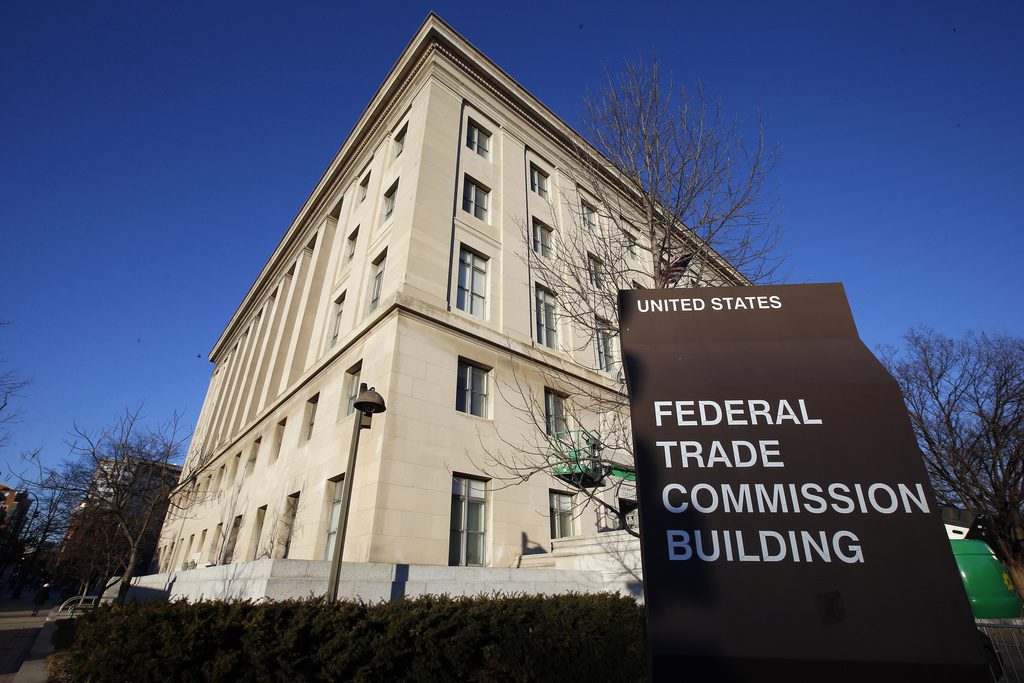
AP Photo/Trisha Ahmed
The U.S. citizenship test is being updated, and some immigrants and advocates worry the changes will hurt test-takers with lower levels of English proficiency.
The naturalization test is one of the final steps toward citizenship — a monthslong process that requires legal permanent residency for years before applying.
Many are still shaken after former Republican President Donald Trump’s administration changed the test in 2020, making it longer and more difficult to pass.
Within months, Democratic President Joe Biden took office and signed an executive order aimed at eliminating barriers to citizenship. In that spirit, the citizenship test was changed back to its previous version, which was last updated in 2008.
In December, U.S. authorities said the test was due for an update after 15 years. The new version is expected late next year.
Assessing English Skills and Civics Knowledge
U.S. Citizenship and Immigration Services proposes that the new test adds a speaking section to assess English skills. An officer would show photos of ordinary scenarios – like daily activities, weather or food – and ask the applicant to verbally describe the photos.
In the current test, an officer evaluates speaking ability during the naturalization interview by asking personal questions the applicant has already answered in the naturalization paperwork.
Another proposed change would make the civics section on U.S. history and government multiple-choice instead of the current oral short-answer format.
Bill Bliss, a citizenship textbook author in Massachusetts, gave an example in a blog post of how the test would become more difficult because it would require a larger base of knowledge.
RELATED: DeSantis Vows to End Birthright Citizenship as President
Lynne Weintraub, a citizenship coordinator at Jones Library’s English as a Second Language Center in Massachusetts, said the proposed format for the civics section could make the citizenship test harder for people who struggle with English literacy. That includes refugees, elderly immigrants and people with disabilities that interfere with their test performance.
“We have a lot of students that are refugees, and they’re coming from war-torn countries where maybe they didn’t have a chance to complete school or even go to school,” said Mechelle Perrott, a citizenship coordinator at San Diego Community College District’s College of Continuing Education in California.
“It’s more difficult learning to read and write if you don’t know how to do that in your first language. That’s my main concern about the multiple-choice test; it’s a lot of reading,” Perrott said.
A Nationwide Trial
U.S. Citizenship and Immigration Services said in a December announcement that the proposed changes “reflect current best practices in test design” and would help standardize the citizenship test.
Under federal law, most applicants seeking citizenship must demonstrate an understanding of the English language – including an ability to speak, read and write words in ordinary usage – and demonstrate knowledge of U.S. history and government.
The agency said it will conduct a nationwide trial of the proposed changes in 2023 with opportunities for public feedback. Then, an external group of experts — in the fields of language acquisition, civics and test development — will review the results of the trial and recommend ways to best implement the proposed changes, which could take effect late next year.
RELATED: DeSantis’ Immigration Laws Could Make Florida’s Childcare Crisis Worse
The U.S. currently has the easiest citizenship test compared to other Western countries — including Germany, Canada and the United Kingdom — according to Sara Goodman, a political science professor at the University of California, Irvine.
However, Elizabeth Jacobs, director of regulatory affairs and policy at the Center for Immigration Studies – a nonprofit research organization that advocates for less immigration – said the proposed changes would make the U.S. citizenship test even easier for many people.
The proposed multiple-choice format for the civics section would put the answer to each question in front of applicants, Jacobs said, and would get rid of the memory challenge that’s in the current test.
Jacobs said having a stricter test would help ensure that new citizens integrate into American society – and the economy – with sufficient English language skills, as well as promote a healthy democracy with civics knowledge and engagement.
Not Everyone Agrees.
“Is it important for us to even have a civics test in the first place? I don’t know the answer to that question,” said Corleen Smith, director of immigration services at the International Institute of Minnesota, a nonprofit that connects immigrants to resources.
Smith said USCIS already evaluates whether applicants have past criminal histories, pay taxes and support their children financially.
“They’re already evaluating that portion of your background. Is it also important to know this information about history and government and be able to memorize it?” Smith said, adding: “People that were born in the U.S. and are natural-born citizens — a lot of those folks don’t know many of these answers to the history of government questions.”
More than 1 million people became U.S. citizens in fiscal year 2022 — one of the highest numbers on record since 1907, the earliest year with available data — and USCIS reduced the huge backlog of naturalization applications by over 60% compared to the year before, according to a USCIS report also released in December.
By Trisha Ahmed, a corps member for the Associated Press/Report for America Statehouse News Initiative.
Politics

DeSantis ‘will not comply’ with rules to protect transgender students
"Refusing to comply with Title IX could have damaging consequences for schools, including significant loss in funding on the order of hundreds of...



Housing market cools along Florida’s Gulf Coast
The uptick in the construction of new housing followed the influx of newcomers to Florida during the pandemic, but that boom is now tapering off....
Local News



DeSantis ‘will not comply’ with rules to protect transgender students
"Refusing to comply with Title IX could have damaging consequences for schools, including significant loss in funding on the order of hundreds of...



Housing market cools along Florida’s Gulf Coast
The uptick in the construction of new housing followed the influx of newcomers to Florida during the pandemic, but that boom is now tapering off....




